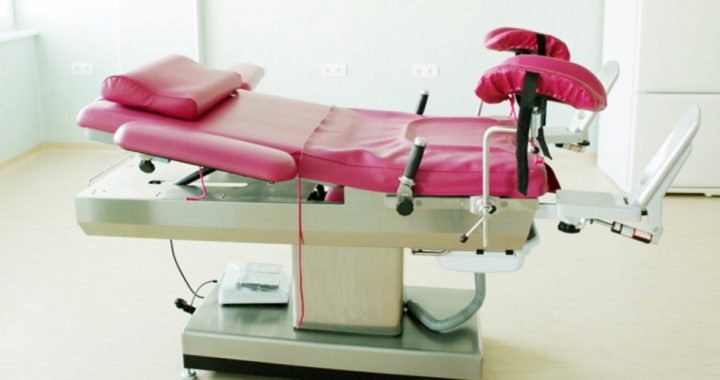
Just a few months after repealing its law banning the barbaric practice of abortion, Irish Health Minister Simon Harris announced that the procedure would be free of cost as soon as the new law is in place. The new law may take effect as early as January of next year.
On September 18, Ireland’s President Michael Higgins signed the law officially revoking Ireland’s eighth amendment to Ireland’s Bunreacht nah Eireann, its constitution, which made abortion illegal in the country. Irish citizens voted in a May referendum to repeal the eighth amendment. The signing by Higgins clears the way for new legislation, which will not only make abortions legal in Ireland, but free of cost if Harris gets his way. “Yes, it’s my intention that the services will be free,” Harris told reporters after the signing.
Harris, who is drafting the legislation, believes that the new law should make getting an abortion as easy as possible for Irish women. The Health Minister looks to make abortion a part of its healthcare system, and not a separate service. A draft of the new legislation proposes elective abortions up to 12 weeks with some limited access to abortions up to 23 weeks.
“I’ve said from the start that I don’t want cost to be a barrier, because if cost is a barrier you get into a situation where one of two things happen: You get abortion clinics to develop or you can see people having to continue to travel,” Harris told reporters. “I want [abortion services] to be provided as part of our health-care system, our public health-care system and part of our primary health-care system.”
The eighth amendment to the Irish constitution, written in 1983, read: “The State acknowledges the right to life of the unborn and, with due regard to the equal right to life of the mother, guarantees in its laws to respect, and, as far as practicable, by its laws to defend and vindicate that right.” Over the years, Irish law regarding abortion has been somewhat liberalized. A 1992 decision by Ireland’s Supreme Court ruled that abortion was legal where pregnancy presented “a real and substantial risk to the life, as distinct from the health, of the mother.” A 2013 law expanded the law to include the risk of a mother’s suicide should she be forced to carry the baby to term.
Once drafted, the new abortion law must be passed by Ireland’s Oireachtas, its legislature. Because the repeal of the eighth amendment passed so overwhelmingly, little legislative resistance to the new law is expected.
Dr. Ruth Cullen of the Irish Pro-Life Campaign called Harris’s remarks a “rude awakening for anyone who thought the law would be somewhat restrictive. She stated, “It’s clear Health Minister Simon Harris and others in government have no interest in hearing perspectives other than the ones that zealously back abortion. It is going to take time, but the public will realize the full extent of the charade that is going on when the reality of what the abortion law permits starts to sink in.”
Clearly, Ireland is a vastly different country from what it was just a few decades before, when the Catholic Church still held a great deal of sway in the nation. Prior to 1979, even contraceptives were illegal in the country. Ireland’s membership in the European Union has encouraged it to liberalize many laws to be more in line with the laws of other European nations.
Abortion is still illegal in Northern Ireland, which is part of Great Britain. Many of the same activists involved in the repeal of the eighth amendment in the Republic of Ireland are now focusing their efforts to make abortion legal in Northern Ireland.
According to the latest census numbers, Ireland is nearly 80 percent Catholic. However, Pope Francis made no pronouncements ahead of the Irish vote. So, officially, the Catholic Church took no side on the vote to repeal the eighth amendment, which brings up two questions: Is Ireland still Catholic? Is Catholicism still pro-life?




